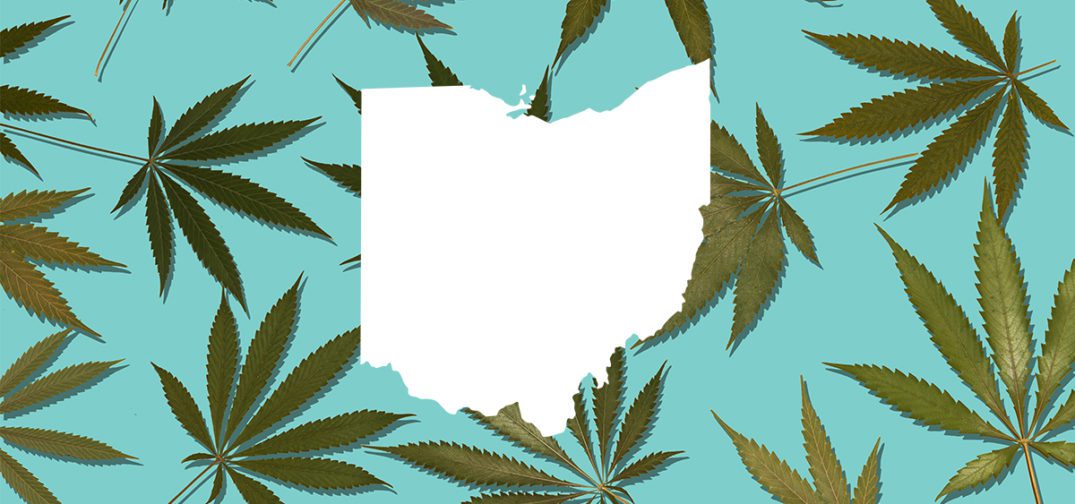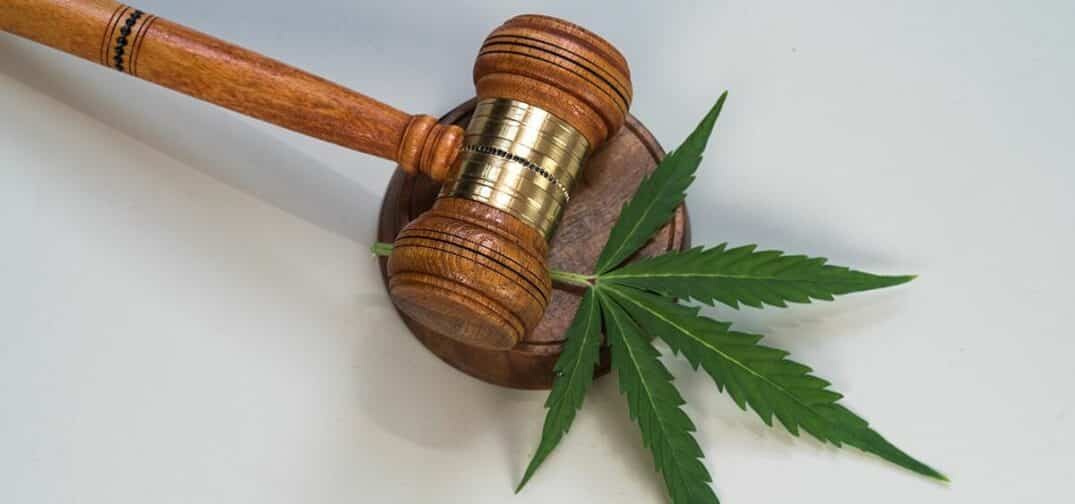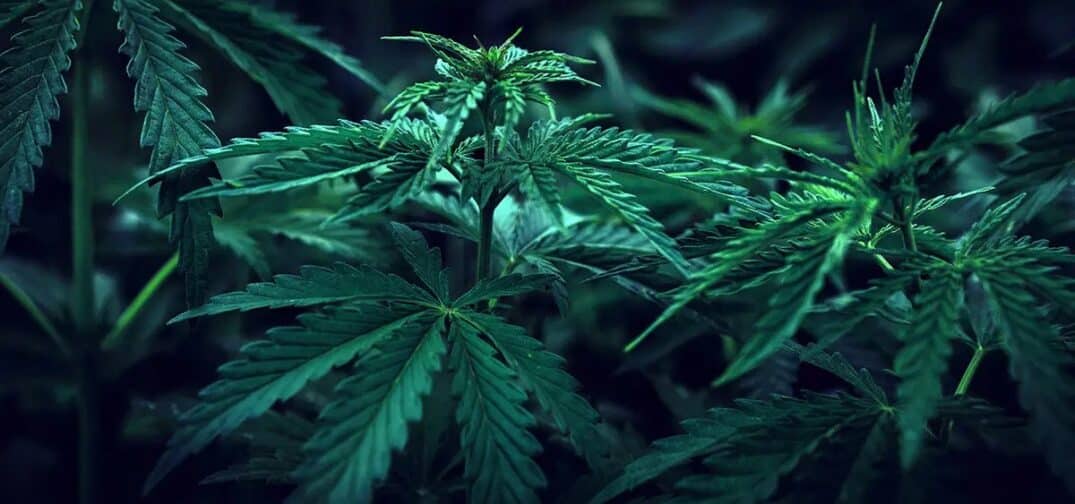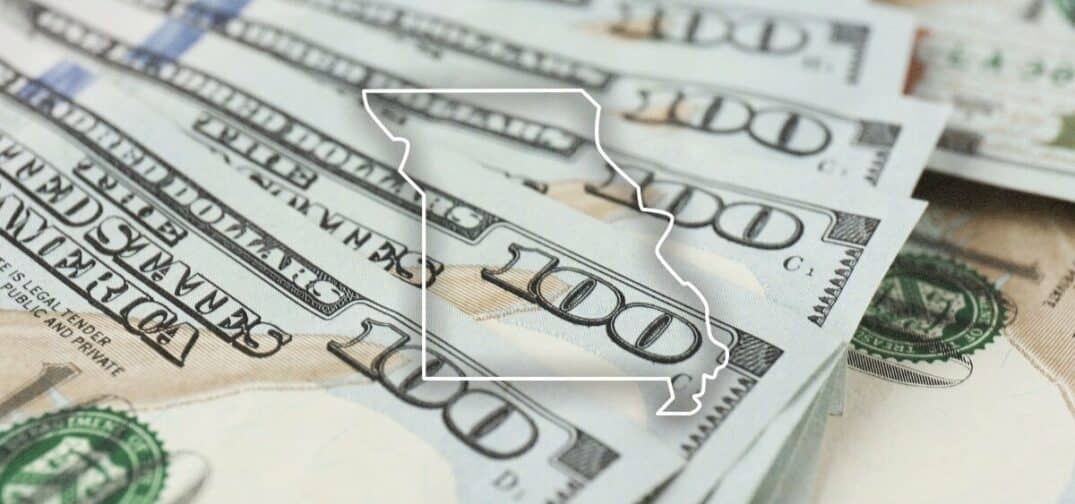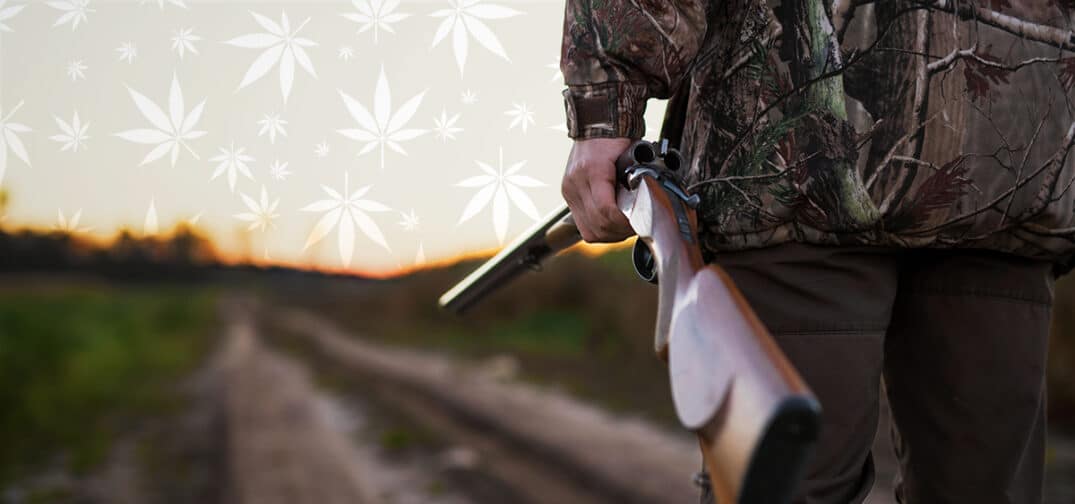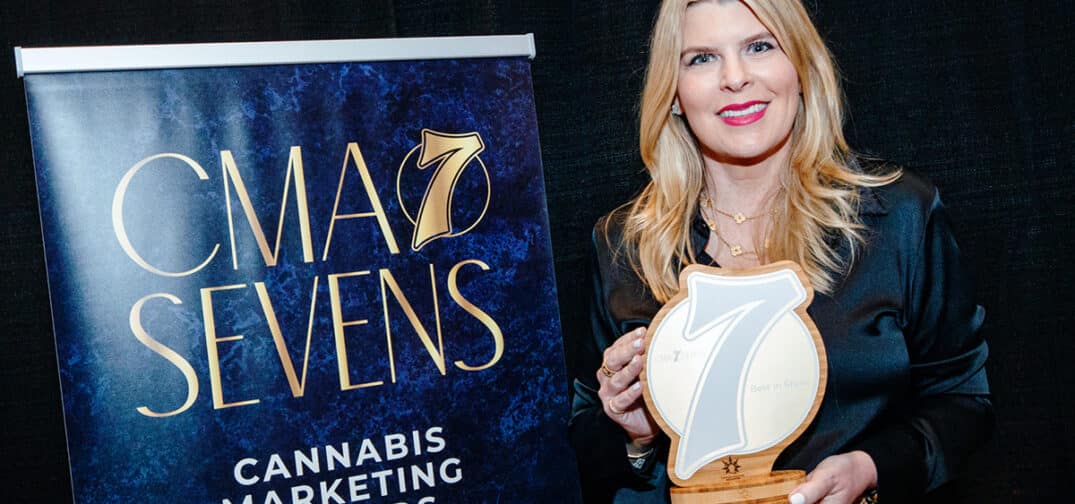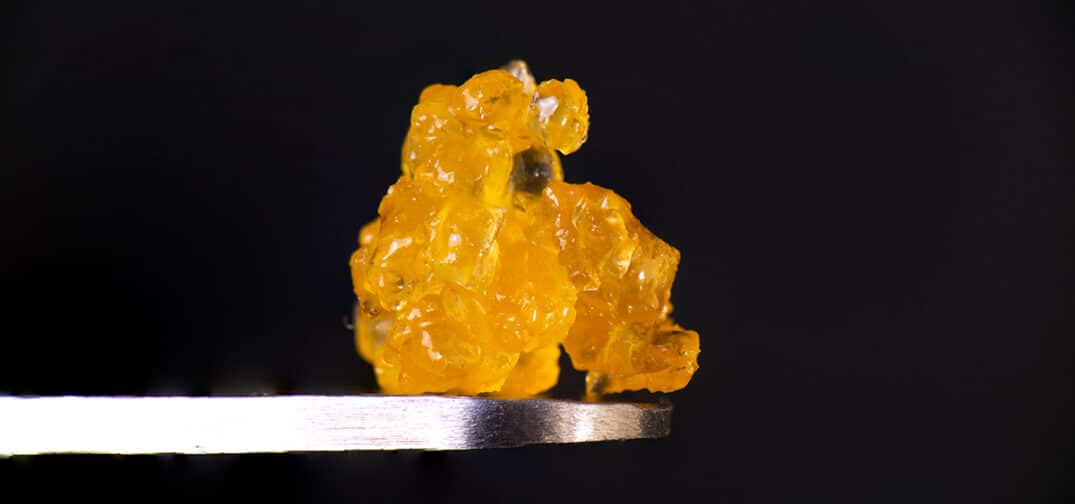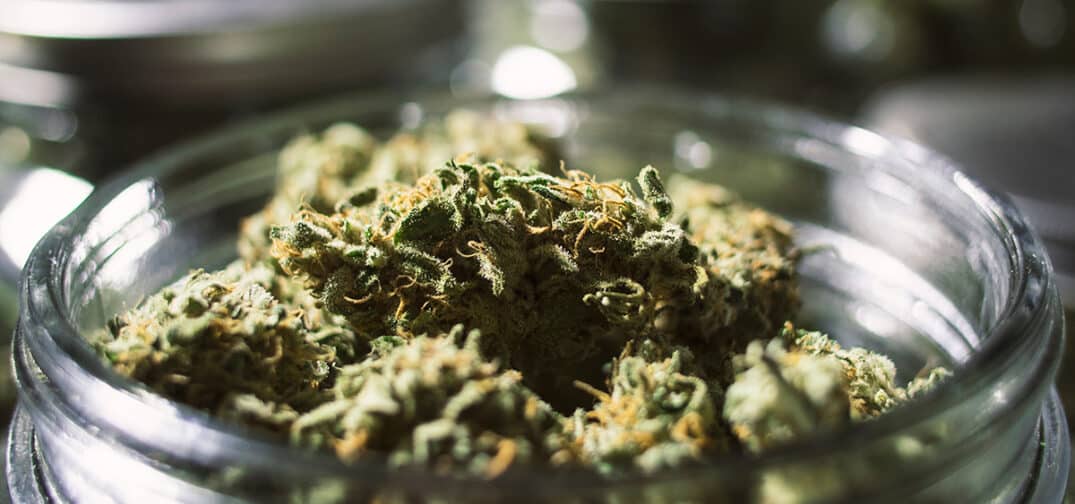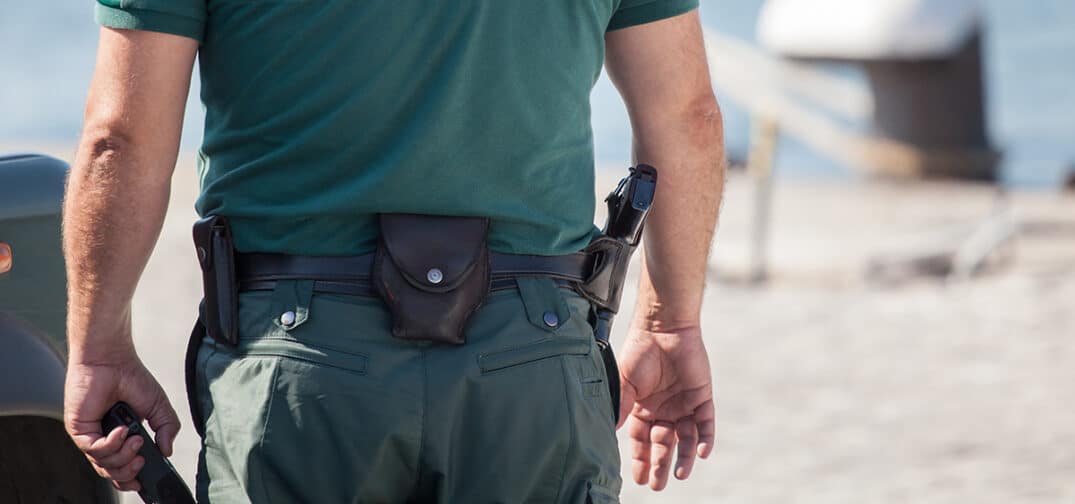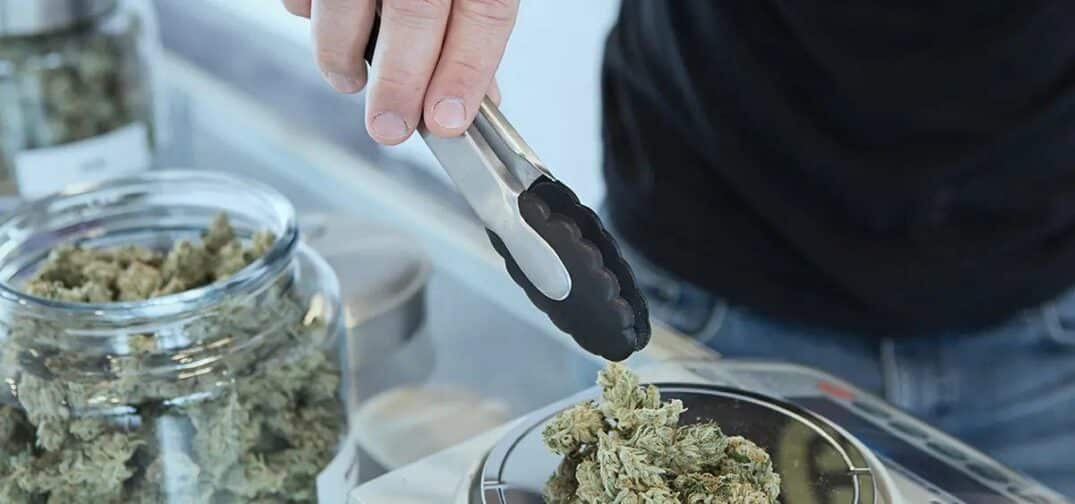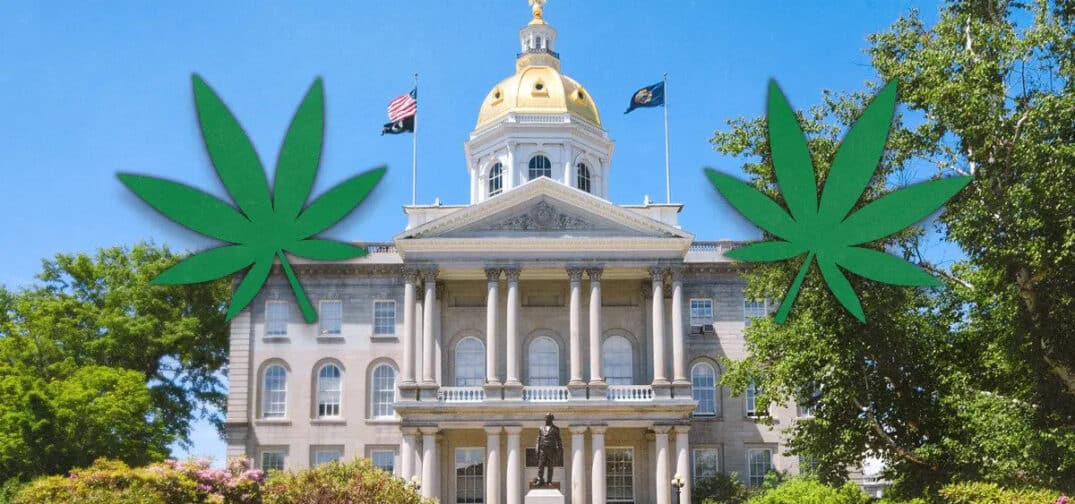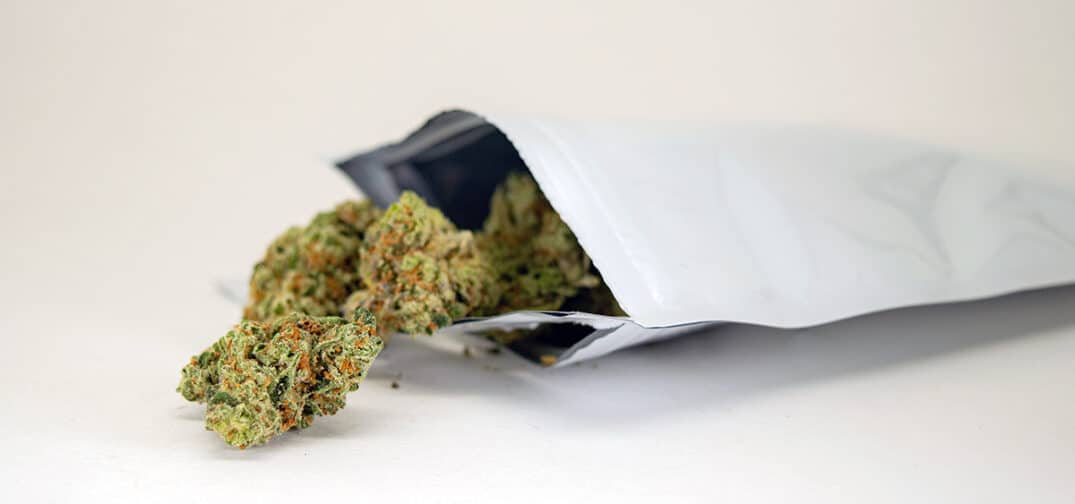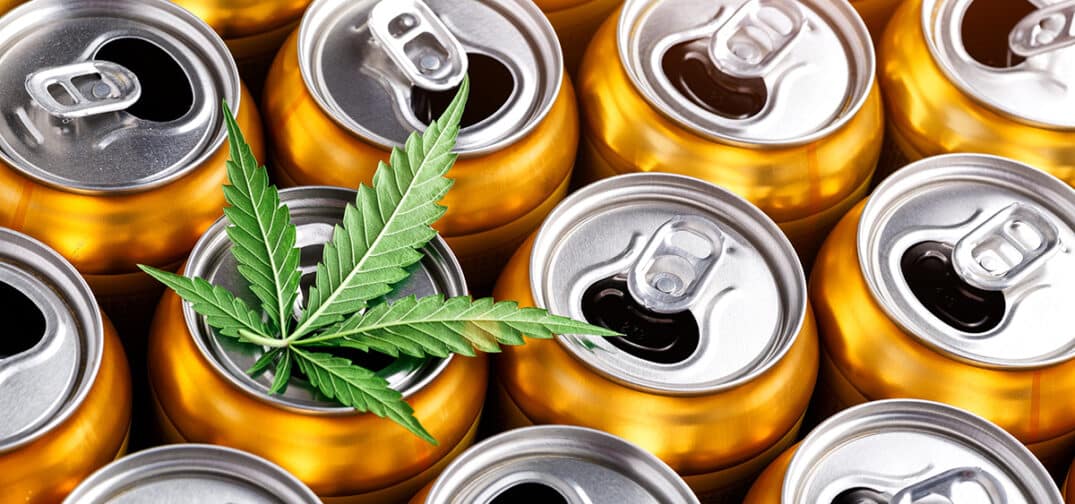Durée & Company is Sole Winner in PR Category for its Work on Columbia Care/Cannabist’s Launch in West Virginia, a New Cannabis Market
Aspen, Colo. — August 15, 2023 — Award-winning Fort Lauderdale- and Aspen-based full-service public relations and marketing agency Durée & Company, Inc. is the sole winner of the inaugural Cannabis Marketing Association Seven Awards’ “Best Use of PR” award. The firm won for its work with Columbia Care/Cannabist’s Launch in West Virginia, a new cannabis market.
Firm President and Founder Durée Ross accepted the award in person at the Cannabis Marketing Association Seven Awards Show, held at the 2023 Cannabis Marketing Summit in Denver, Colorado. Ross was present at the conference to deliver a presentation on crisis communication, by way of special invite from the event organizers. Launched in 2023, Cannabis Marketing Association’s Seven Awards aim to highlight and uplift successful marketing campaigns that are advancing the image of cannabis within the regulated industry. There are 20 unique award categories, including “Best Use of PR”, which focuses on public relations campaigns and crisis communications. Entries were judged by independent jurors who considered a number of criteria in making their final selections.
Durée & Company’s established cannabis practice and multifaceted work with brands in the cannabis space laid the groundwork for a highly successful partnership with multi-state operator (MSO) Columbia Care and the expansion of its Cannabist brand in a number of U.S. markets. The PR/awareness campaign, with a goal to increase medical card holders as well as advancement of medical cannabis use in West Virginia, took place from February–March 2022.
With Cannabist’s plans to enter the new medical market of West Virginia in five cities across the state, the firm devised a campaign to position Cannabist as the go-to resource for a friendly, uncomplicated shopping experience for medical marijuana patients. Because medical cannabis was a new industry in the state, and Cannabist was one of the first dispensaries in each county it serves, the firm worked to dispel any preconceived notions among media and the public, and communicate how Cannabist is committed to the local communities it serves.
Among other efforts, the firm proactively pitched media for story opportunities and publicized educational events to help patients better understand the state’s medical cannabis program, how to obtain a medical card, how to select products, and connect prospective patients with licensed medical providers.
Durée & Company garnered more than 64 million media impressions in just over two months. The media coverage helped to establish Columbia Care/Cannabist as a leading player in the cannabis industry in West Virginia, and helped raise awareness about the benefits of cannabis products and to educate the public about the safety and legality of using them.
“We are honored to be the sole recipient of Cannabis Marketing Association Seven Awards’ ‘Best Use of PR’ award,” said Ross. “Working to launch this new cannabis market was an opportunity for us to use our cannabis PR expertise to lay the groundwork in a state that is newly medical.
“This award is a testament to our established and esteemed cannabis PR practice, through which we work with clients from multi-state operators to labs to cannabis lawyers and more, up and down the cannabis supply chain,” she continued.
For more information about Durée & Company’s cannabis practice, visit its microsite https://cannabismarketingpr.com/, dedicated to its practice providing PR and marketing for clients in the booming CBD, hemp and cannabis industries. Also for more information, call the firm’s Fort Lauderdale office at 954-723-9350, or its Aspen office at 970-452-2195.
About Durée & Company, Inc.
Founded in 1999, Durée & Company is a full-service, well-respected and highly creative public relations and marketing agency serving a diverse client base of local, national and international consumer brands, landmark industries, business leaders and philanthropists from its offices in Fort Lauderdale, Florida and Aspen, Colorado. Practice areas include nonprofit, hospitality, business, lifestyle, health and wellness, legal, real estate, yacht and marine as well as cannabis, psychedelics, and other emerging industries. Durée & Company is a member of some of the nation’s most elite professional organizations including PR Boutiques International™ (PRBI), The Florida Hemp Council, Cannabis Marketing Association and is a corporate partner of Cannabis LAB. To learn more, call 954-723-9350; go to dureeandcompany.com; cannabismarketingpr.com; or psychedelicpr.com. Join the social conversation and follow Durée & Company on Facebook, Instagram, Twitter, YouTube and LinkedIn at @DureeCoPR.
# # #
